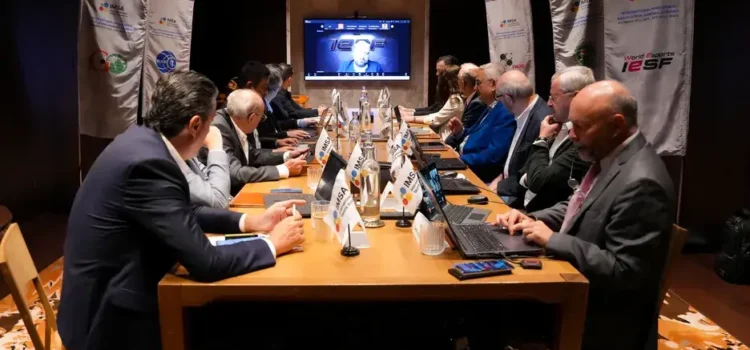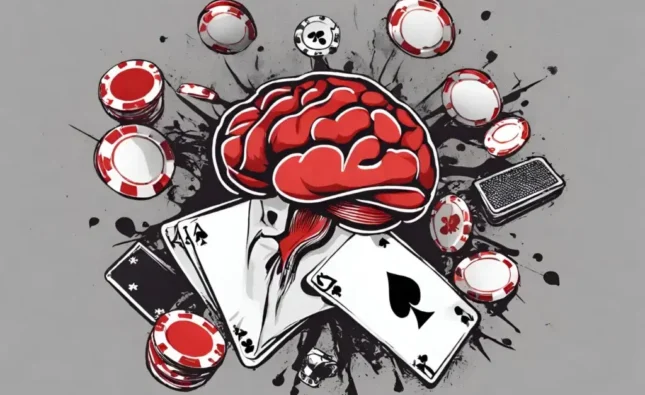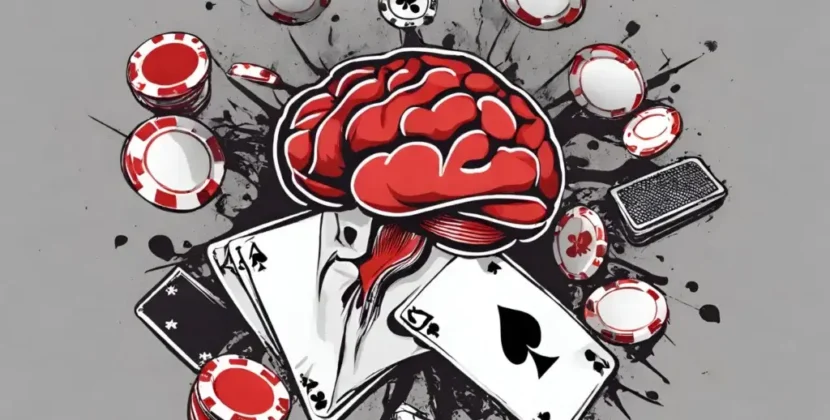The world of poker has reached an exciting milestone: after years of relentless advocacy and perseverance, poker has officially been recognized as a mind sport by the International Mind Sports Association (IMSA). This momentous recognition places poker alongside other strategic games like chess, bridge, and Go, affirming its intellectual and strategic nature rather than merely being seen as a form of gambling. The decision to include poker in the ranks of these esteemed games signifies a monumental shift in how the game is perceived globally, acknowledging the skill, psychological insight, and complex strategies that poker demands from its players.
A Long Road to Recognition
The journey to this historic achievement wasn’t a simple one. It was the result of years of hard work by the World Poker Federation (WPF), an organization that represents 49 national poker federations across five continents. The WPF has long worked to prove that poker is not simply a game of luck, but one of skill and intellect that involves complex strategies, psychological warfare, and rigorous decision-making processes.
Through constant research, public discussions, and debates, the WPF presented compelling evidence to the IMSA, making the case that poker aligns with the association’s criteria for mind sports. The effort was aimed at changing the perception of poker, moving it away from the stereotype of being a form of gambling and positioning it as a game that requires not just luck but skill and mental agility. The recognition by IMSA represents a major victory for the WPF and its members, and it firmly establishes poker’s place in the world of intellectual sports.
Igor Trafane, the President of the World Poker Federation, expressed the importance of the achievement: “This is an unprecedented moment for poker. It’s a recognition of the intellectual rigor required to excel at the game and the dedication of thousands who have fought for poker’s rightful place as a mind sport.”
The Celebration in Sao Paulo
The official recognition was celebrated in Sao Paulo, Brazil, with a special event during the BSOP Millions festival. Over 70 guests, including sports icons and professional poker players, gathered to celebrate the milestone. The event was a fun and relaxed tournament that symbolized poker’s blend of competitive spirit and camaraderie. Among the distinguished guests were soccer legend Marcelo, tennis player Bruno Soares, MMA fighter Anderson Berinja, and poker stars André Akkari, Rafael Moraes, and Lauriê Tournier.
The event reflected how poker is continuing to cross over into mainstream sports, with well-known athletes from various disciplines joining in the celebrations. PokerStars, a key player in the poker industry, was a major sponsor of the event and provided impressive prizes for the tournament winners, including entries to prestigious poker events like the Latin America Poker Tour and the Brazilian Series of Poker. These prizes served as a reminder of how poker’s elevation as a mind sport brings greater recognition and opportunities for players.
What Does IMSA Recognition Mean for Poker?
The official recognition by IMSA is more than just a symbolic achievement—it brings with it tangible benefits for the entire poker community. Here’s how this milestone is set to impact the game:
- For Players: The recognition elevates poker to a higher level of respect, opening up new career opportunities and avenues for international competition. As poker gains greater recognition, players will have access to more prestigious tournaments and the ability to showcase their skills on a global stage. The increased legitimacy of the game also enhances the potential for sponsorships and endorsements, offering players additional financial incentives.
- For the Industry: The recognition of poker as a mind sport enhances its legitimacy in the eyes of the public and regulatory bodies. As a result, the poker industry is likely to see increased investment, as more businesses and sponsors recognize the value of partnering with a sport that is now acknowledged as requiring mental skill. The improved public perception of poker will also help attract more participants to the game, whether in live tournaments or online platforms.
- For Organizations: This recognition strengthens the global poker network and encourages the development of a more standardized and professional framework. With the backing of IMSA, poker is likely to experience more robust regulations and formalized pathways for players to transition into professional careers. Additionally, the recognition will increase the frequency and scale of international competitions, leading to a stronger global poker community.
The WPF’s Vision for Poker’s Future
The World Poker Federation, led by CEO Leonardo Cavarge, is already focused on the future and the work still to be done to build poker into a more structured sport. Cavarge emphasized that the WPF’s mission is to continue developing poker into a fully professional sport by establishing standardized regulations, creating protected player pathways, and organizing international competitions. As poker grows in recognition, there will be a need for frameworks that ensure fair play, protect players’ interests, and establish clear guidelines for the game.
“We are just getting started,” Cavarge said. “Our vision is to create a foundation similar to that of any major sport, with standardized rules, professional structures, and international competitions that will elevate poker to new heights.”
The Role of Collective Action
One of the driving forces behind poker’s recognition as a mind sport has been the collective action of poker federations around the world. The WPF has worked closely with national poker organizations, governments, and industry leaders to promote the game and demonstrate its positive impact on society. For example, in Colombia, the WPF played a crucial role in overturning restrictive regulations that hindered the growth of poker by collaborating with the Colombian Poker Federation and engaging with local authorities.
This success story demonstrates the power of collaboration in bringing about meaningful change. As the WPF continues its efforts to promote poker as a legitimate and respected sport, the hope is that more countries will follow suit, leading to a global shift in how poker is viewed and regulated.
The Road Ahead
While the recognition of poker by IMSA is a monumental achievement, challenges remain. Public perception and regulation continue to be key issues that the poker community must address. However, with the solid foundation now in place, poker is poised to reach new heights of success. The WPF’s global network and unwavering commitment will continue to push for growth, ensuring that poker’s future is bright.
As poker evolves into a respected mind sport, it will not only gain more legitimacy but also create new opportunities for players, organizations, and businesses alike. The journey is far from over, but with this significant step forward, the future of poker has never been more exciting.
This achievement represents the dedication and hard work of countless individuals and organizations who believe in poker’s true potential as a game of skill, strategy, and intellectual rigor. With continued effort, poker will continue to thrive, gaining the recognition it deserves on the global stage.








